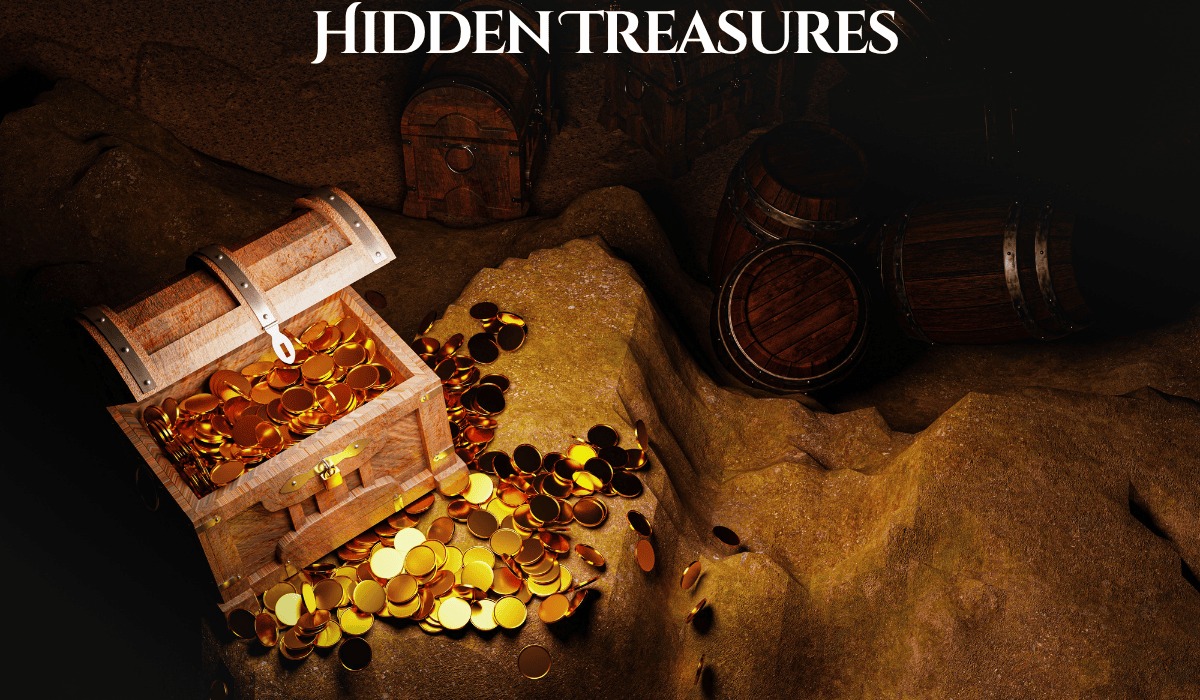Texas doesn’t whisper its identity—it wears it on its sleeve. Whether you’re crossing a small-town square, walking into a football stadium on a Friday night, or hearing an old tale retold around a dinner table, Texas traditions feel less like events and more like inheritance.
This state is vast—not just in geography but in personality. And within that expanse lives a culture made not by corporate branding or short-lived trends, but by repeated stories, rituals, and deeply held values that stretch across generations. This isn’t about nostalgia. It’s about continuity. About the customs that still matter, even in a world that often forgets to slow down.
What Makes a Texas Tradition?
Ask a dozen Texans, and you’ll get a dozen answers—each valid in its own way. That’s because Texas traditions are less about uniformity and more about resilience. They’re formed through:
- Community gatherings
- Seasonal rituals
- Family legacies
- Cultural intersections between Hispanic, Native American, African American, and Anglo influences
At its core, a Texas tradition is something done with intention—again and again—not because someone said so, but because it feels right.
Key Traditions That Shape the Texas Identity
Let’s take a closer look at some of the most enduring practices that continue to define what Texas means, not just to Texans, but to anyone curious enough to listen.
Rodeo: More Than Sport, It’s Heritage in Motion
To the uninitiated, a rodeo might seem like just a spectacle of cowboys and competition. But in Texas, it’s something far deeper. It’s where the legacy of the ranch meets the heartbeat of the town. Kids grow up learning the ropes—literally—and whole families make it a yearly tradition.
Rodeos aren’t just entertainment. They’re storytelling in action, where every bronc ride and steer roping echoes back to the original cattle trails and open ranges that built much of Texas’s early economy.
Barbecue: A Ritual, Not Just a Meal
Texan barbecue isn’t about fast food or simple seasoning. It’s about time. Smoke. Patience. The kind of cooking that’s as much about presence as flavor. And yes, in Texas, brisket is its own language.
What turns barbecue into a tradition is how it gathers people. Whether at family reunions, neighborhood fundraisers, or roadside smokehouses, barbecue becomes a reason to slow down—to talk, share, and simply be together.
Friday Night Lights: Community, Pride, and Young Dreams
Texas high school football isn’t just about the scoreboard. It’s about entire towns showing up on Friday nights, unified by tradition, pride, and memory. The band, the cheerleaders, the smell of concession-stand popcorn, and the weight of hopes pinned on teenage shoulders—it’s all part of a story that repeats every fall.
And year after year, it remains a rite of passage, not just for players, but for communities.
Bluebonnets and Spring Drives: A Season That Belongs to Everyone
When the bluebonnets bloom, Texans take to the roads. It’s a quiet tradition, but a widespread one—families pulling over on dusty shoulders to take photos, kids in fields full of wildflowers, couples walking hand in hand.
This isn’t about tourism. It’s about marking a moment—reminding ourselves that despite life’s chaos, there’s always beauty worth pausing for.
Storytelling and Front Porch Wisdom
In many parts of Texas, the front porch is more sacred than the living room. It’s where stories get passed down—not just about what happened, but about how people felt when it did. These aren’t rehearsed histories; they’re lived ones.
Whether it’s a grandfather talking about the old oil fields, or a neighbor recalling a brush with a tornado in ’74, these tales keep the past alive, not as a monument, but as something still breathing.
Independence Day… Texas Style
While July 4th is a national holiday, March 2nd—Texas Independence Day—holds a special place in the Lone Star heart. From reenactments at the Alamo to parades in small towns, it’s a reminder of the state’s unique past as an independent republic.
Celebrating this day isn’t about isolation—it’s about honoring the grit, risk, and rebellion that have always marked the Texan spirit.
Table: A Snapshot of Iconic Texas Traditions
| Tradition | Symbolic Meaning |
|---|---|
| Rodeo | Courage, history, connection to land |
| Barbecue Gatherings | Community, legacy, comfort |
| Friday Night Football | Unity, pride, youth celebration |
| Bluebonnet Sightings | Seasonal beauty, family bonding |
| Porch Storytelling | Oral history, wisdom, cultural roots |
| Texas Independence Day | State identity, freedom, respect for history |
A Personal Reflection: The Year Tradition Hit Home
I had driven through Texas before, but I didn’t feel it until I stayed with a family near Llano for a spring. We woke early to check the cattle. Evenings were slow, with meals made from scratch. On Sundays, it was church followed by smoked meat, sweet tea, and conversations that never seemed rushed.
And then one night, as the sun dipped low, I sat on their porch and listened to three generations argue—not loudly, but with passion—about who made the best chili in the county. That was it. That was the moment I understood. Texas traditions aren’t frozen in time—they’re alive, debated, practiced, and loved.
Frequently Asked Questions
Are Texas traditions mostly rural?
Not necessarily. While many originate in rural communities, they are alive and well in cities too—just adapted to modern settings. A Houston rodeo or Austin barbecue festival honors the same roots.
How do these traditions stay alive?
Through family, community, and participation. They survive because people choose to remember, re-enact, and re-teach them.
Are new traditions being created?
Absolutely. From music festivals to cultural fusion events, new Texas traditions are emerging—many built on the bones of the old, but shaped by new voices and shared experiences.
Is it possible to appreciate these traditions as an outsider?
Yes, with humility and interest. You don’t need to be born in Texas to respect its traditions. But understanding their origins and meanings goes a long way in appreciating their depth.
Conclusion: A Living Legacy, Not a Museum Piece
Texas traditions aren’t about perfection or uniformity. They’re about participation—about knowing that when you cook the brisket low and slow, or stop to photograph the first wildflower of the season, you’re stepping into something bigger than yourself.
These customs don’t survive because of branding or nostalgia. They survive because they still matter. They still teach. And they still bring people together—across fences, eras, and even miles.
In a time when much of the world rushes to forget, Texas remembers. Not as a performance, but as a way of life.




